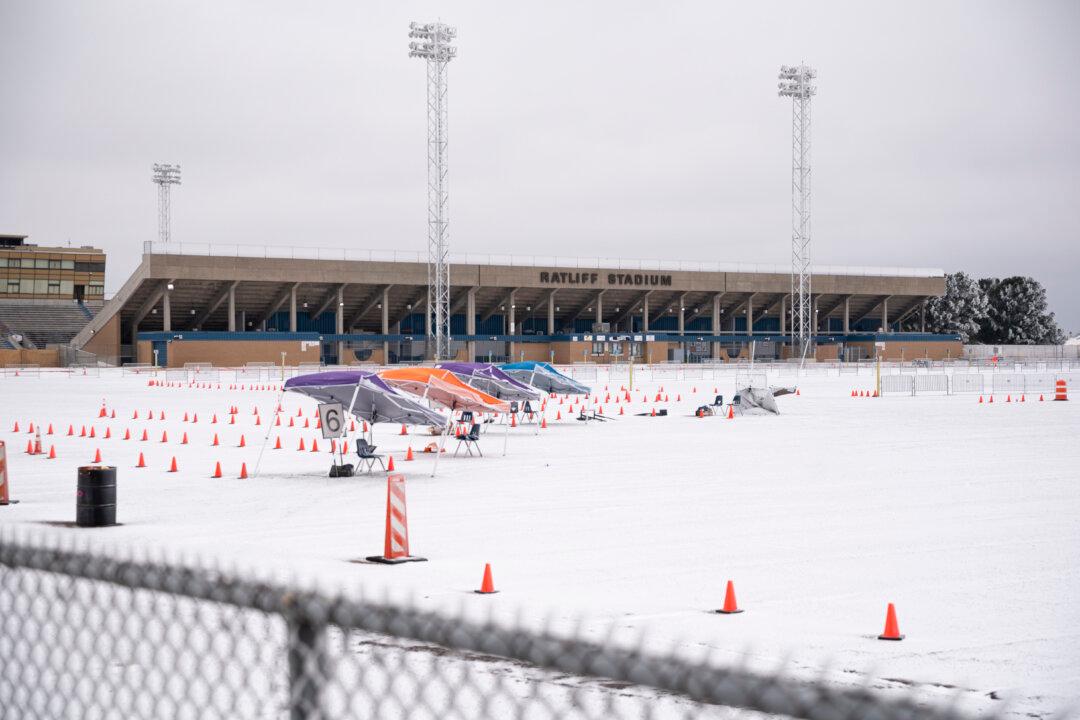Several million people are without power in Texas following a historic snowstorm that brought down temperatures to below 20 degrees Fahrenheit in much of the state.
According to the Electric Reliability Council of Texas (ERCOT), rolling power outages were initiated by utility companies, meaning that power outages can be expected for periods of time as temperatures remain low.





